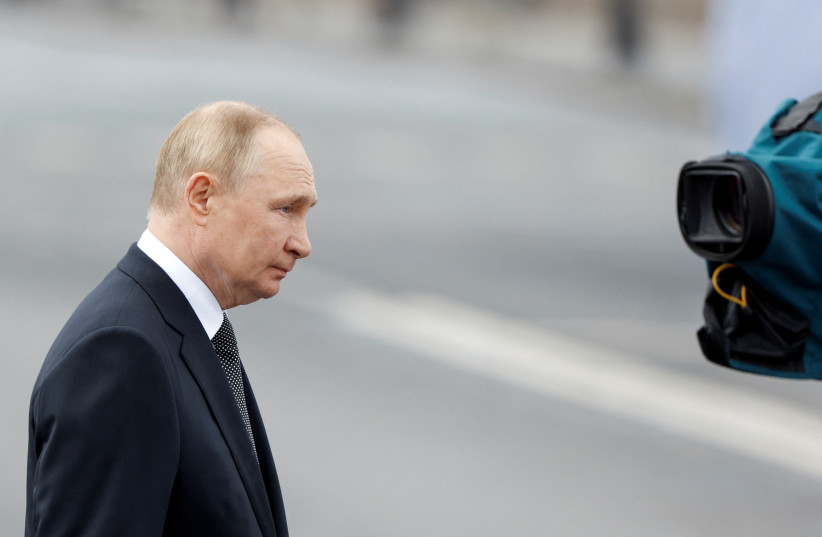The Russian invasion of Ukraine may come to a terrifying end in 2023, with Russian President Vladimir Putin likely to turn to nuclear weapons rather than have his armies be completely routed on the battlefield, retired US Army Brig.-Gen. Kevin Ryan said in a Tuesday interview with Insider.
This possibility could occur, Ryan, who also was the former US military attache to Russia, told Insider, with the goal of not only taking out Ukrainian troops but also forcing Kyiv into surrendering to avoid a nuclear holocaust scenario. Moscow could make this move if one of two things happened:
- Ukraine's forces are about to utterly defeat the Russian military in the field
- Ukraine's forces are about to finally retake the Crimean Peninsula that Moscow annexed in 2014

Is Russia set to deploy nuclear weapons to beat Ukraine?
Russia has threatened the possible use of nuclear weapons on several occasions throughout the course of the war, which is now stretching into its 11th month.
"Those who are trying to blackmail us with nuclear weapons should know that the wind can turn in their direction"
Russian President Vladimir Putin
"Those who are trying to blackmail us with nuclear weapons should know that the wind can turn in their direction," Putin said in a speech when Russia annexed the occupied Ukrainian oblasts of Donetsk, Luhansk, Zaporizhzhia and Kherson.
Last week, Russia's Defense Ministry announced it was bolstering its strategic nuclear forces in 2023 with further deployment of multi-warhead nuclear missiles and further modernization of its long-range strategic bomber division.
The fear that Russia may end up deploying nuclear weapons as the war continues is something that has raised concerns with decision-makers and analysts throughout the world.
However, that doesn't mean it's the only possible outcome, or even the most likely.
As Ryan explained to Insider, the most likely outcome is that the war will still end in 2023, but as a stalemate. He estimated that Russia and Ukraine had likely both lost over 100,000 soldiers each, notwithstanding the tens of thousands of civilian casualties as well. Because of that, both sides are exhausting their own military resources and will likely be unable to continue the fighting into 2024.
But predictions about the course of the war have varied wildly since before it even began, and it is unclear what the future has in store for the war-torn Eastern European countries.
Michael Starr contributed to this report
